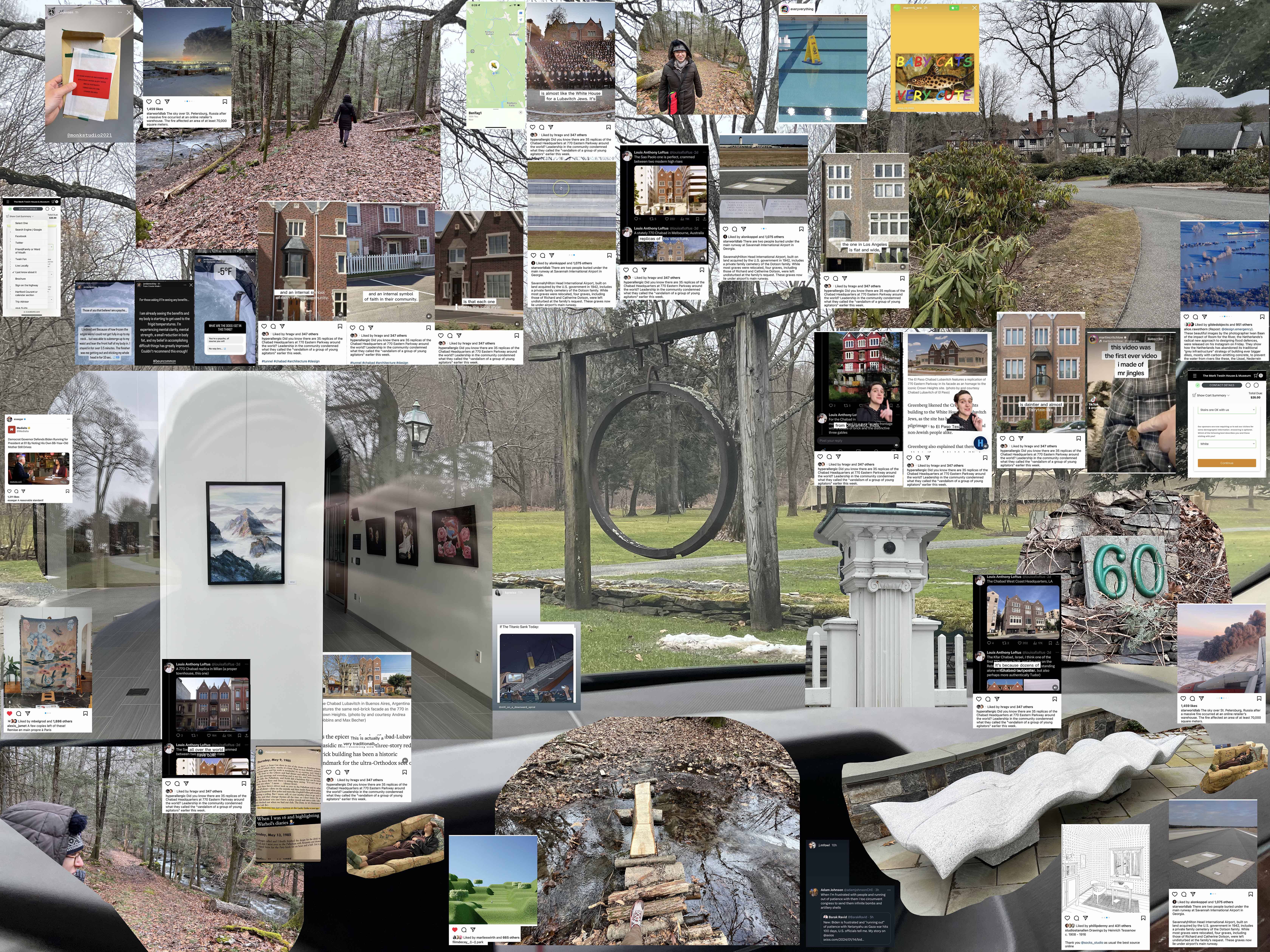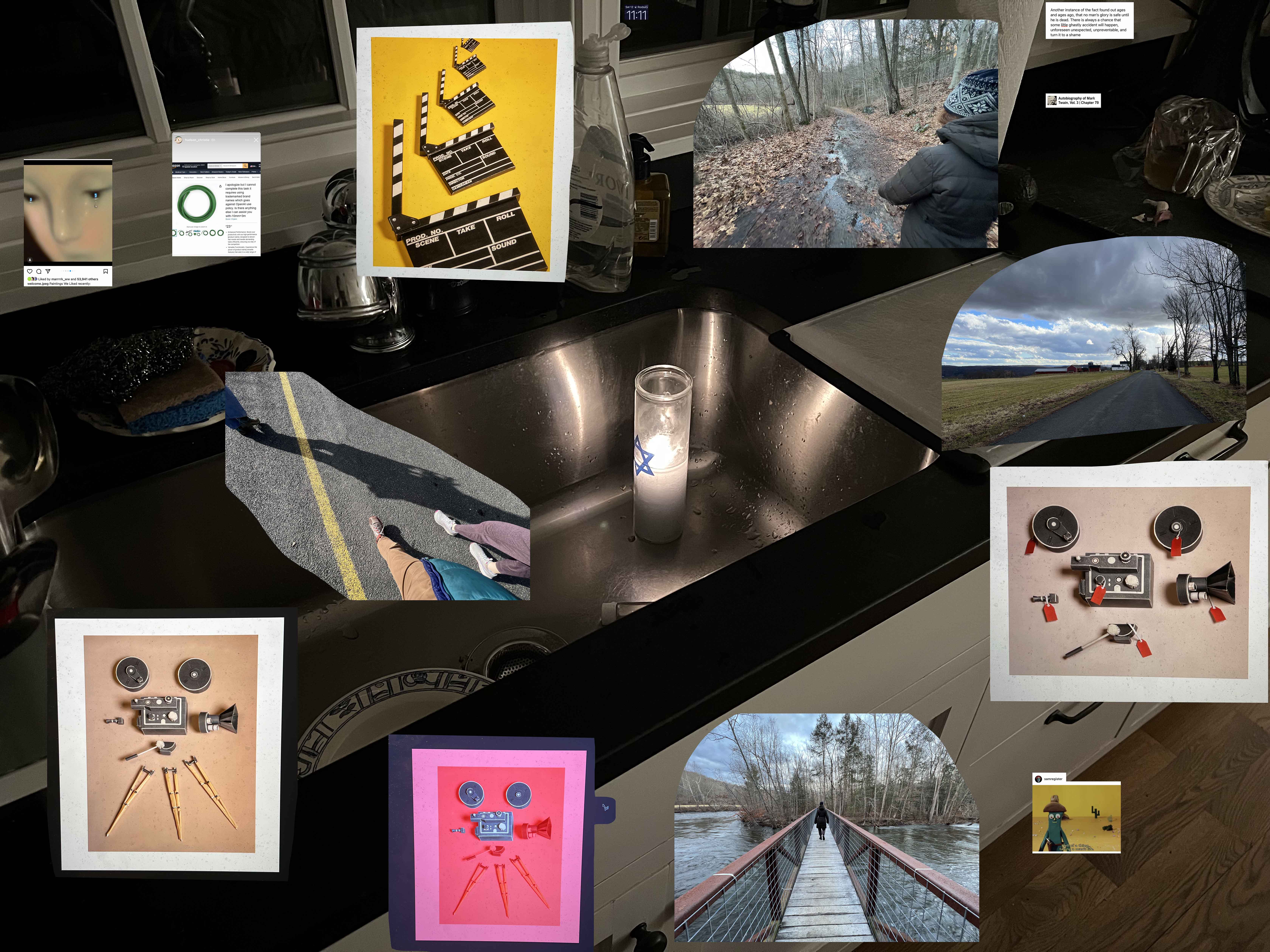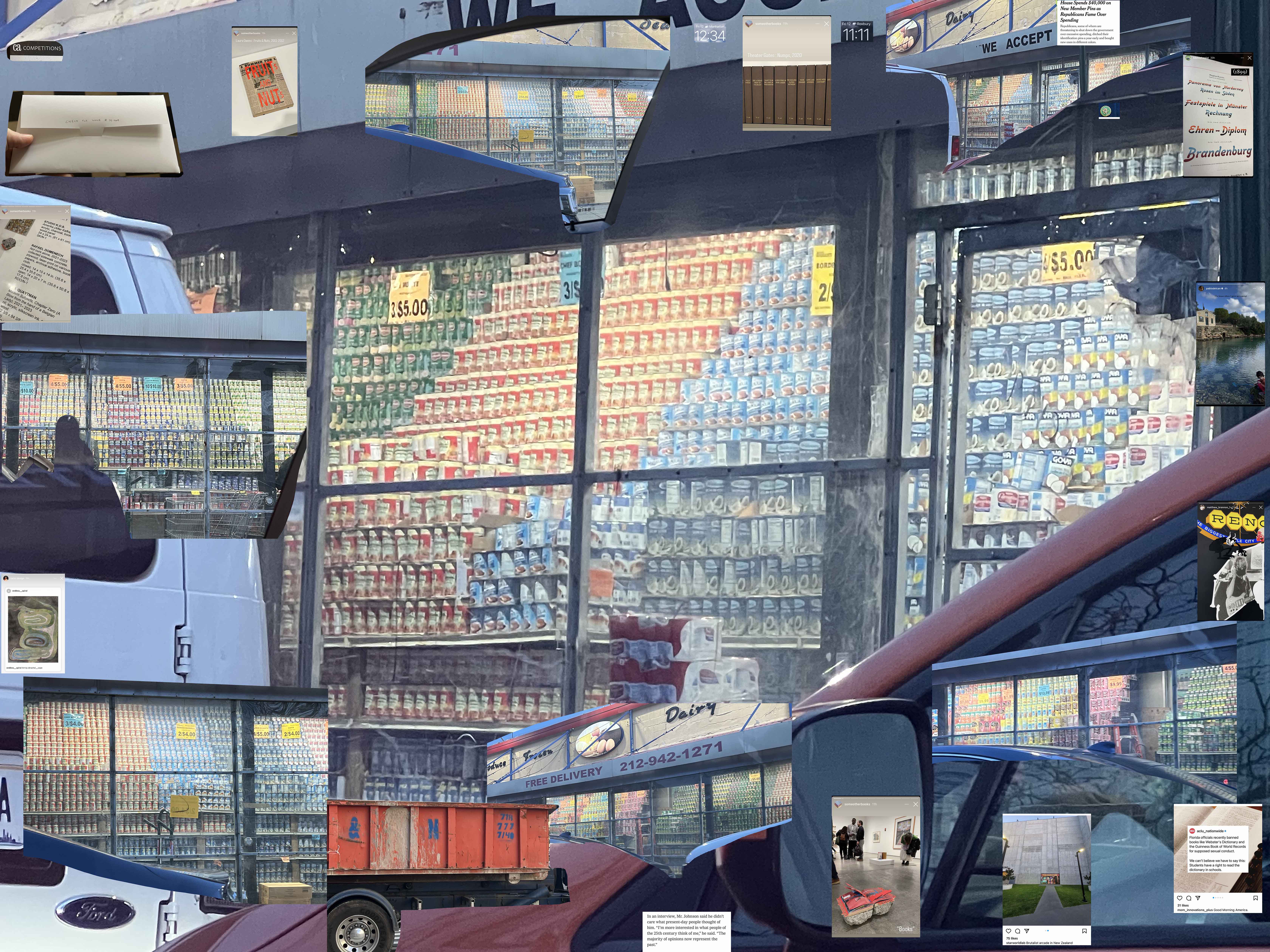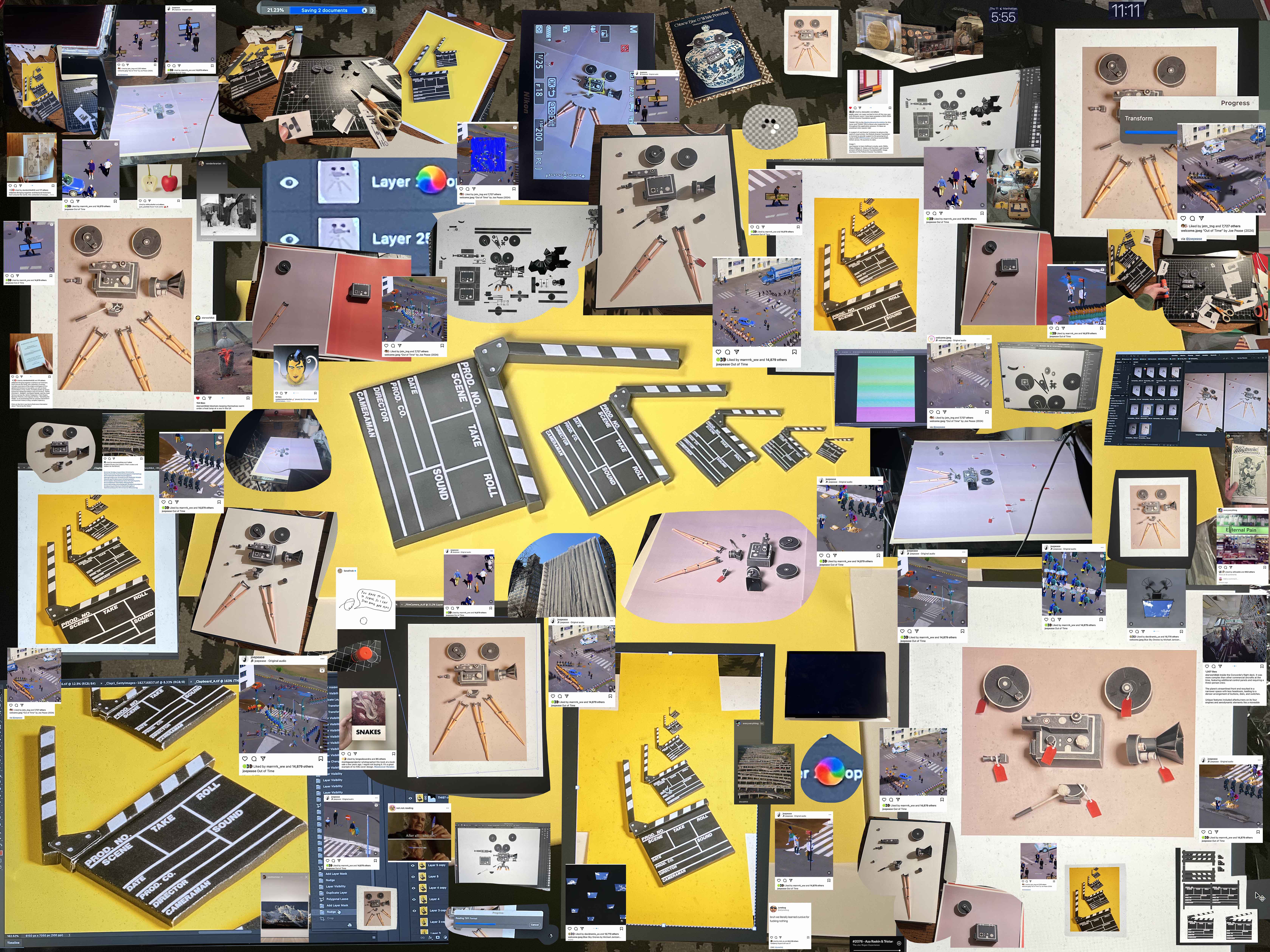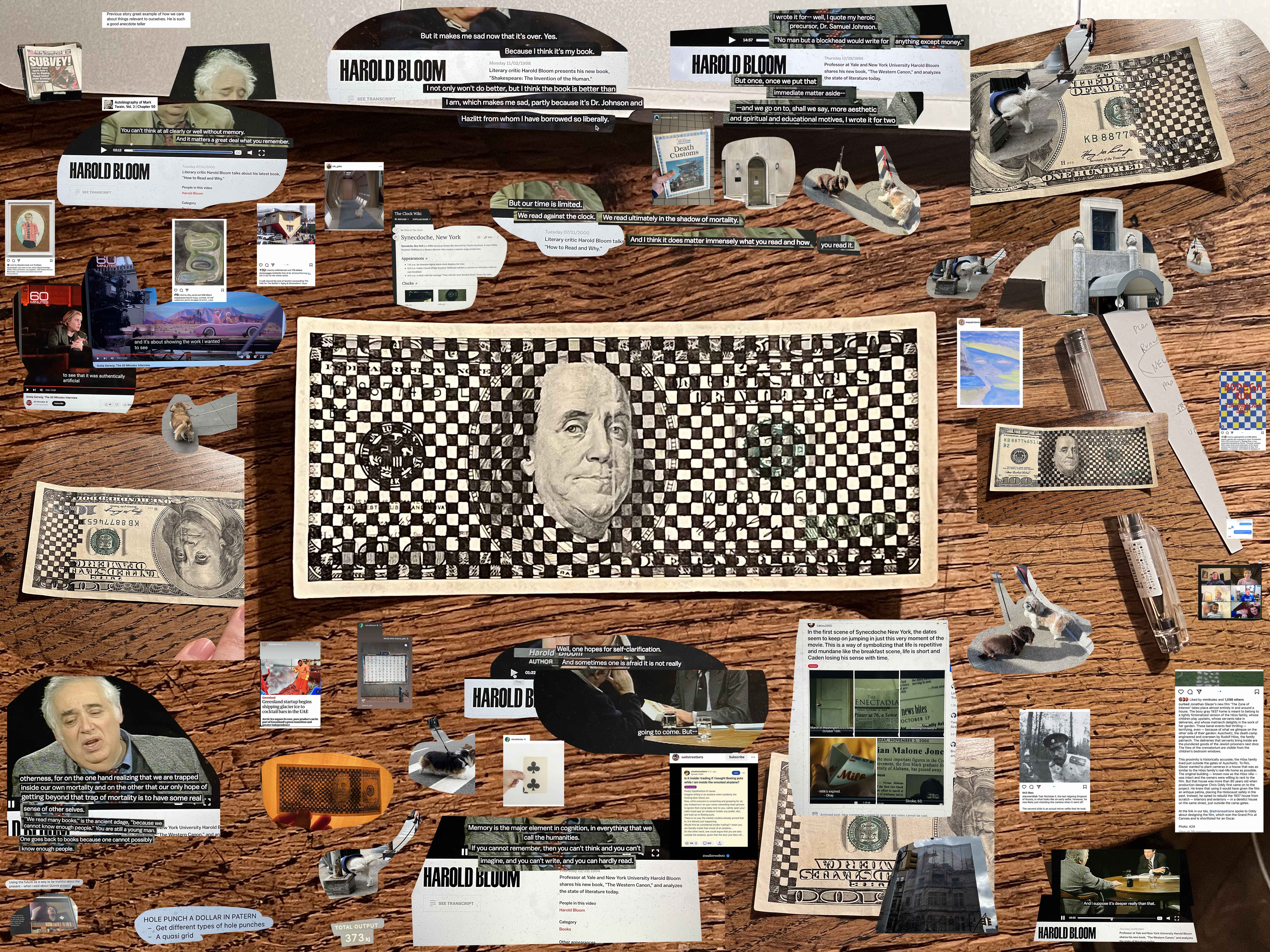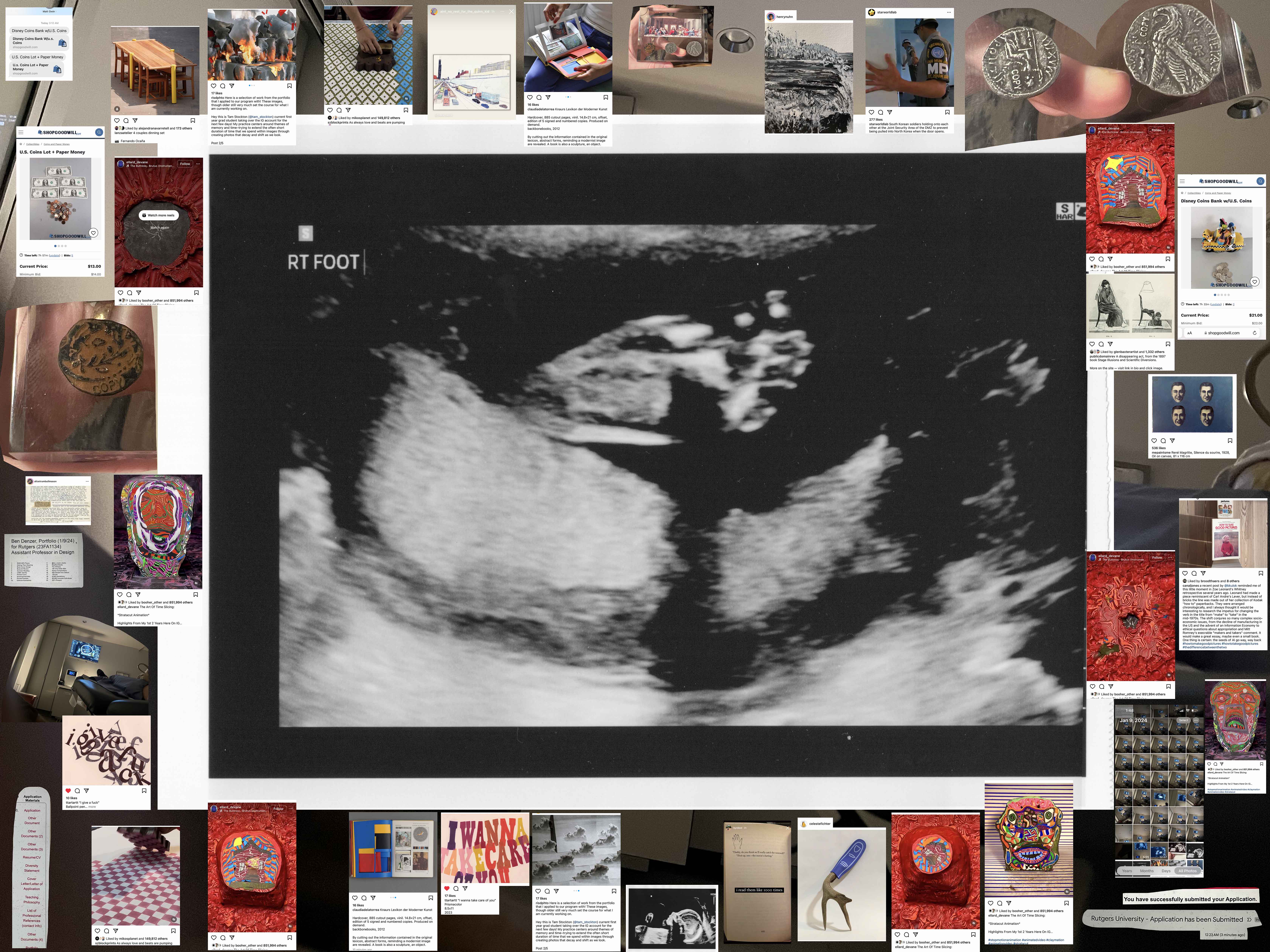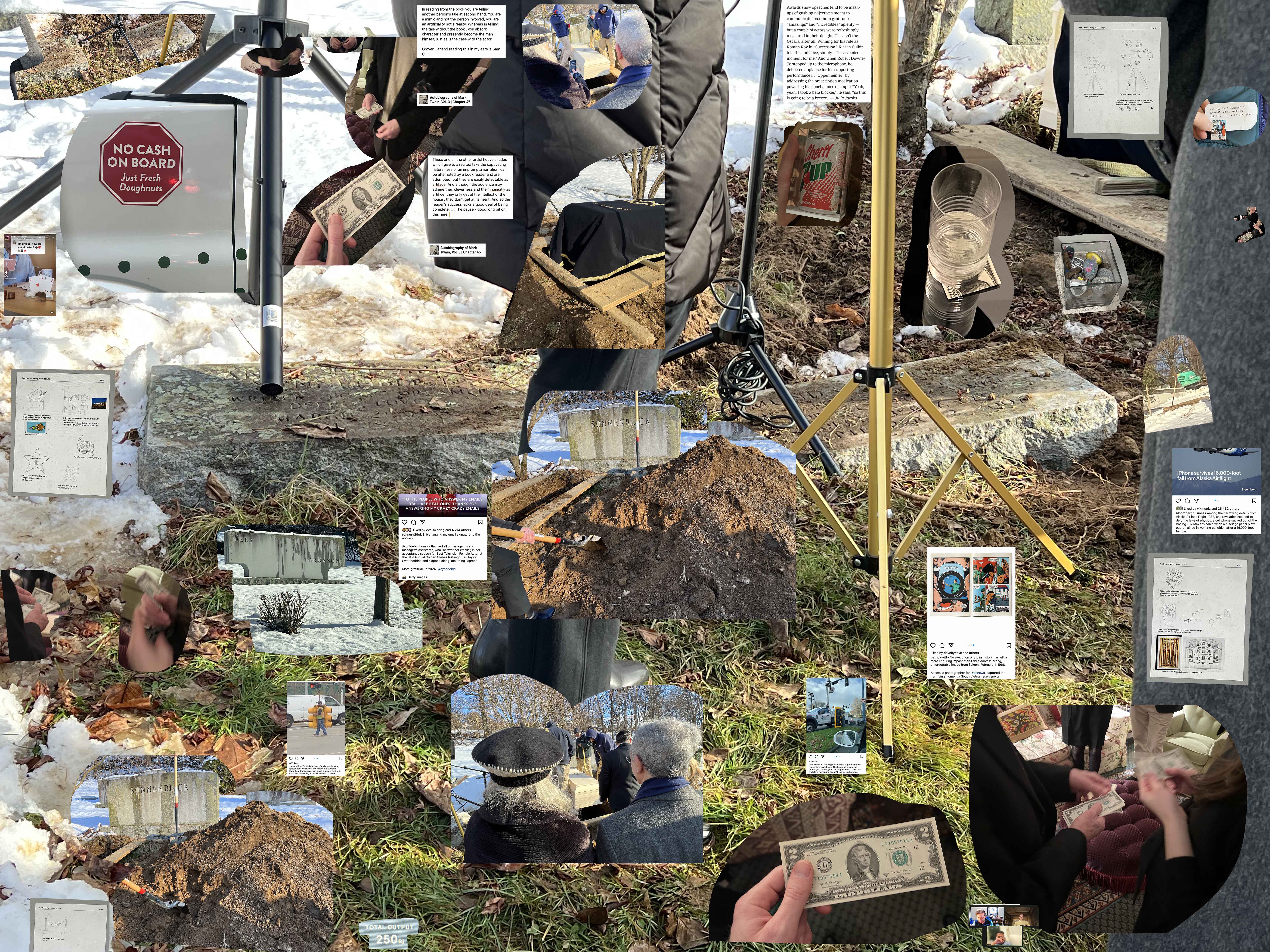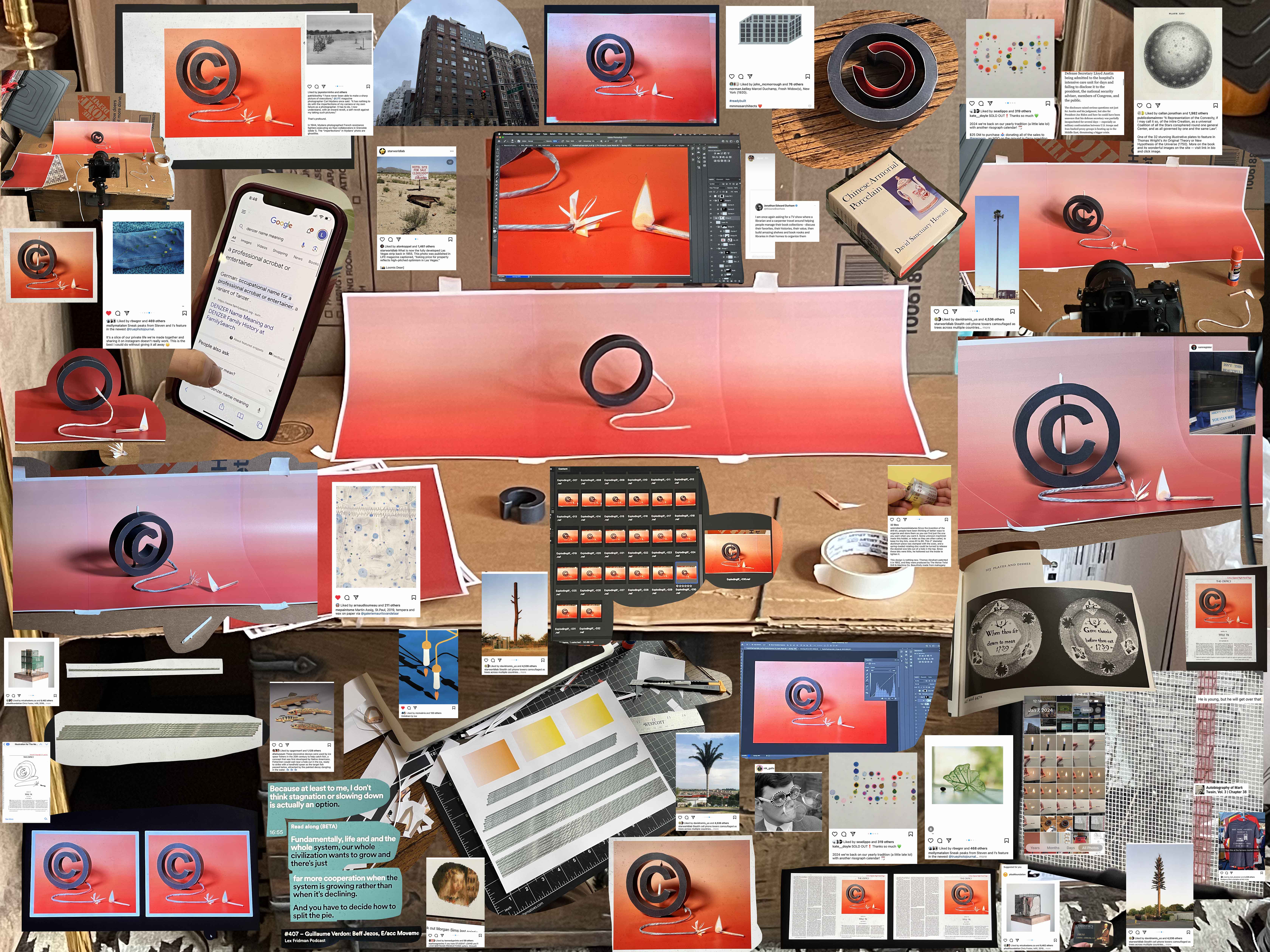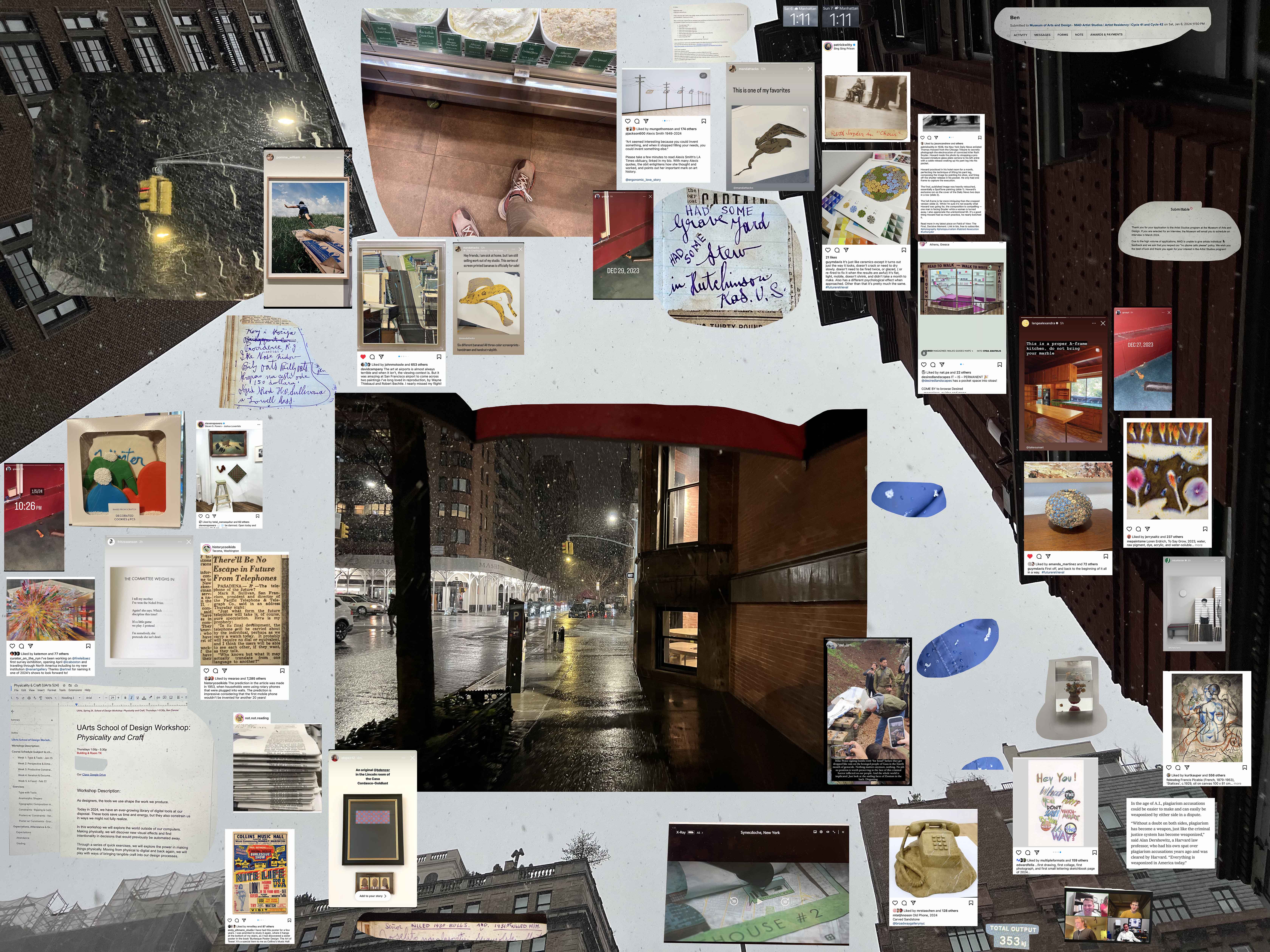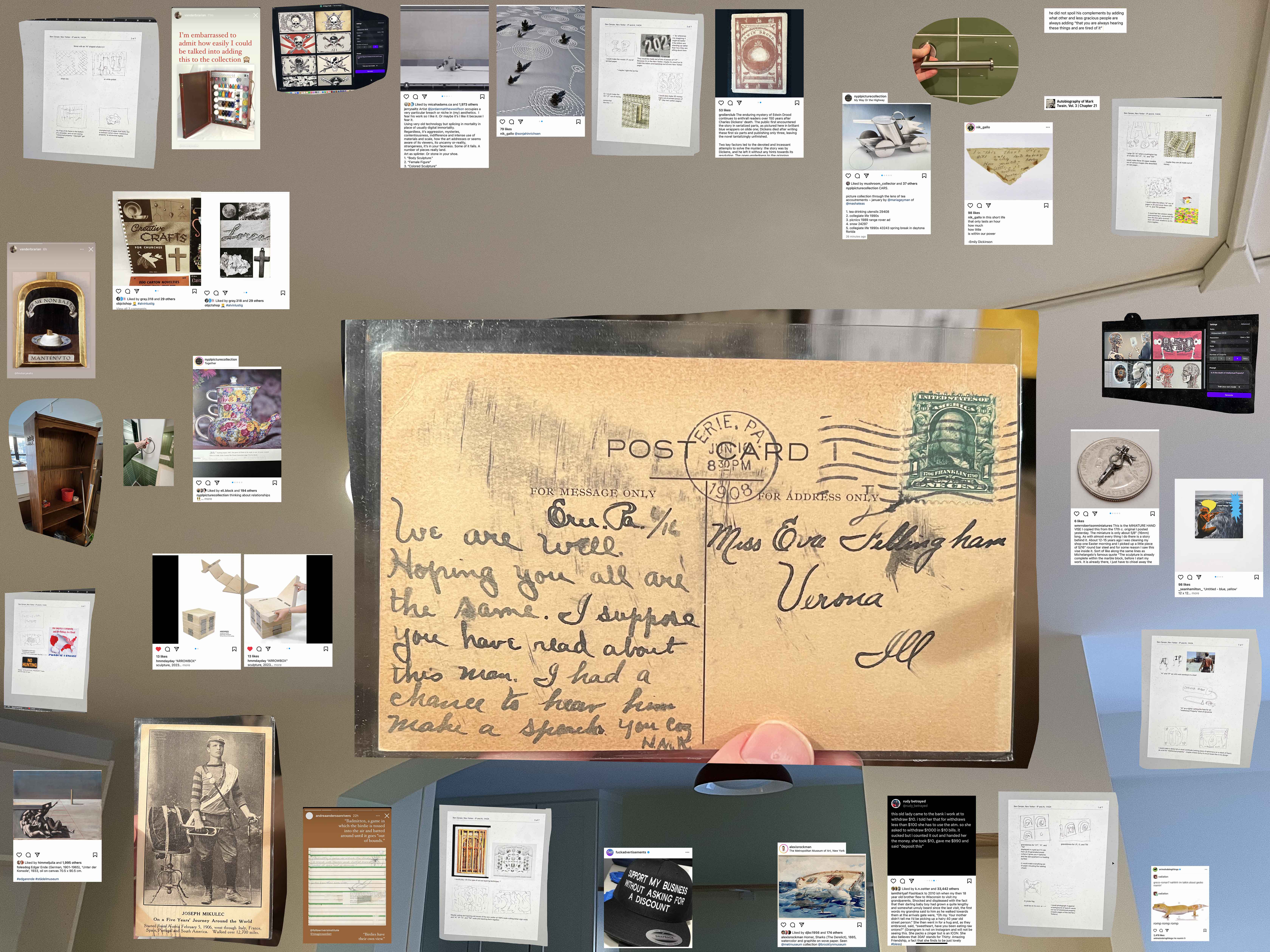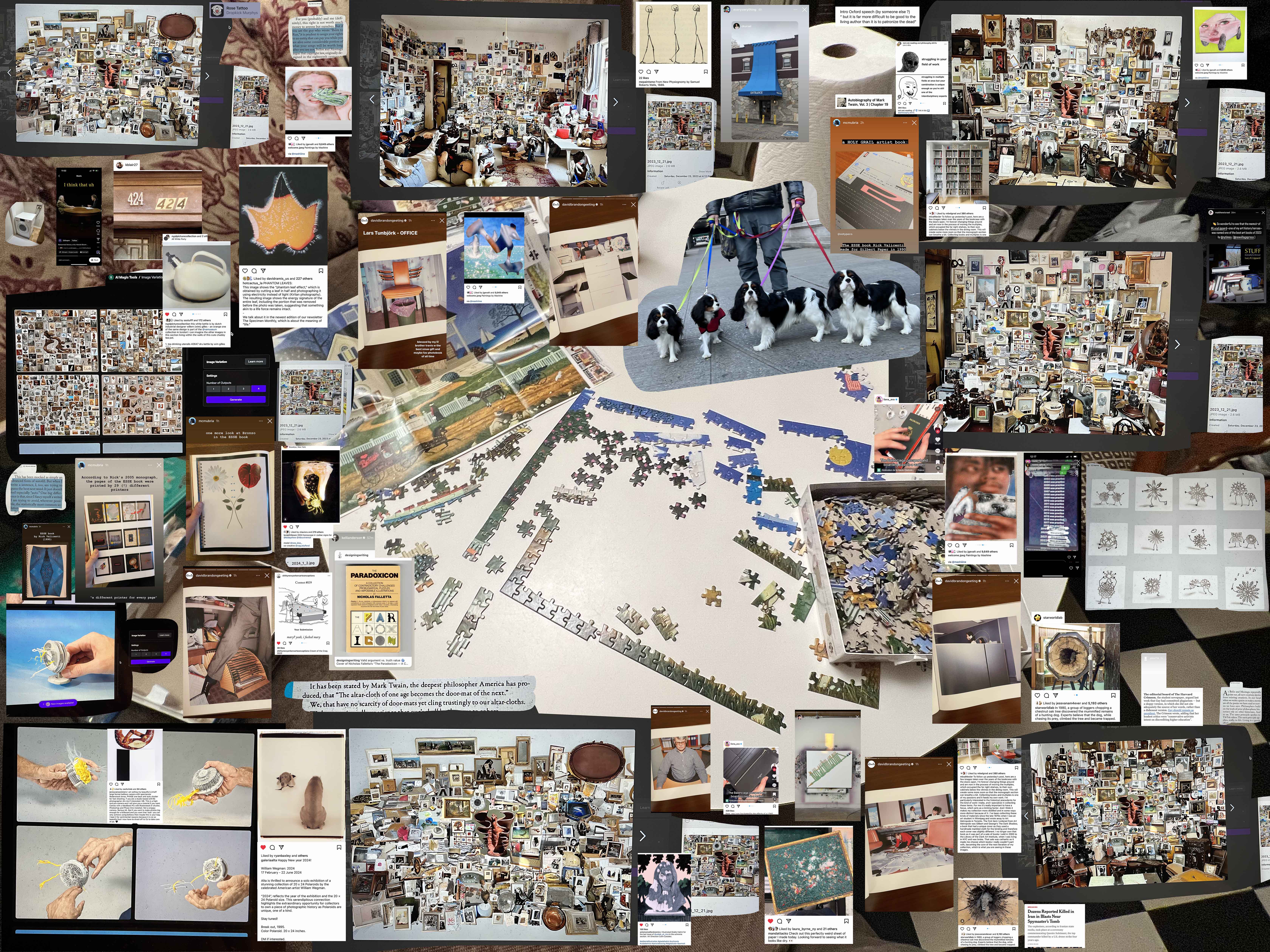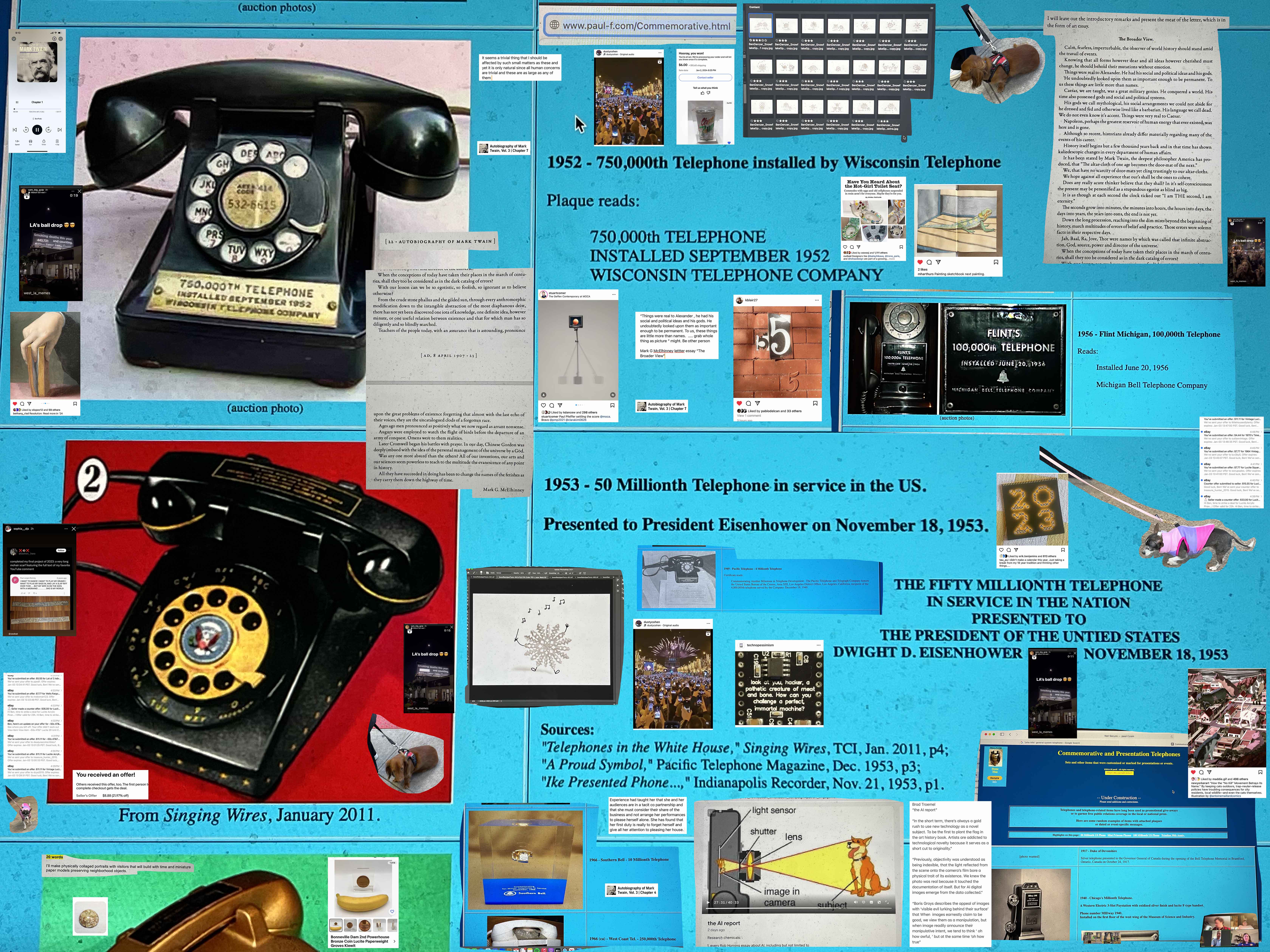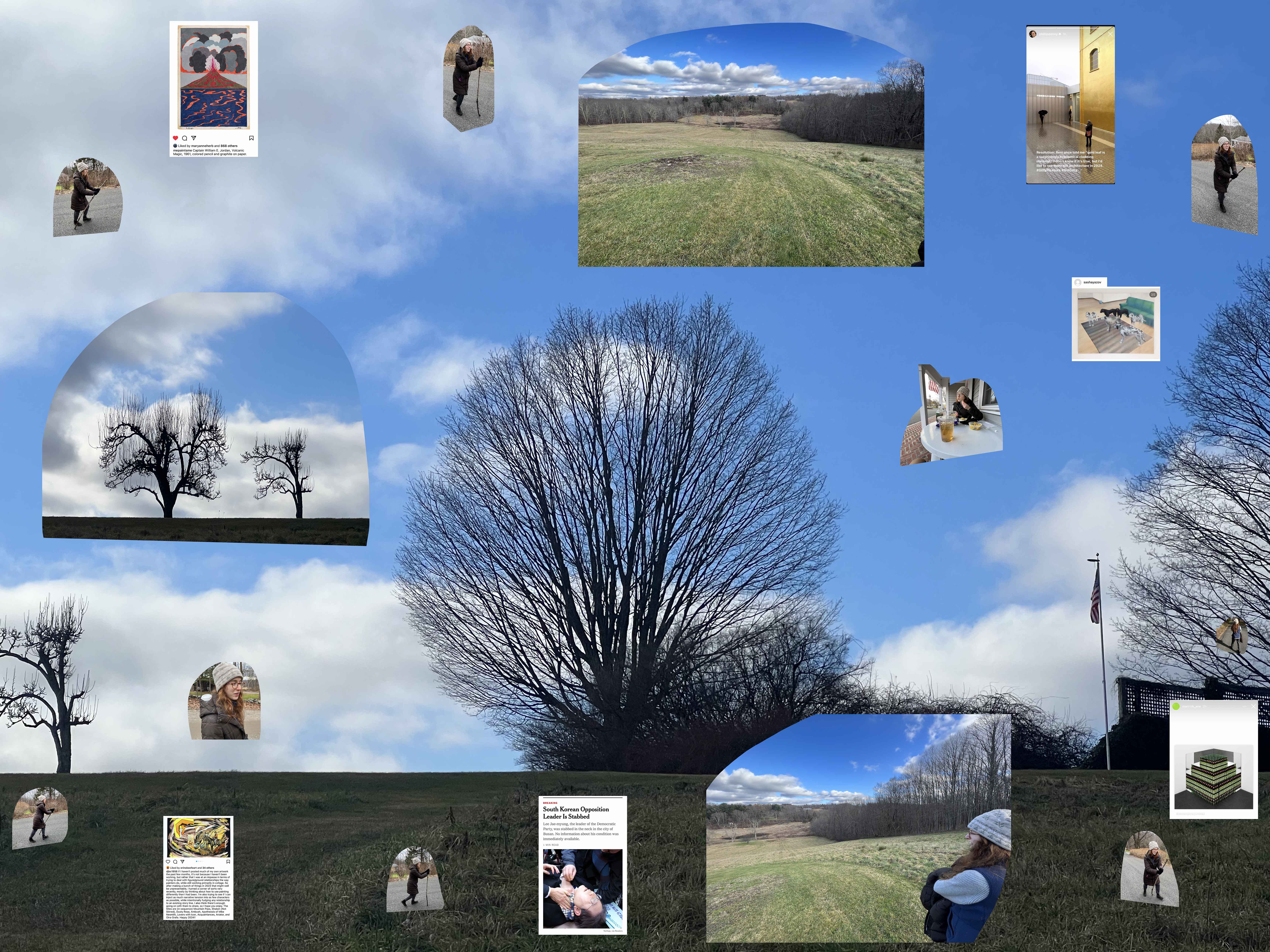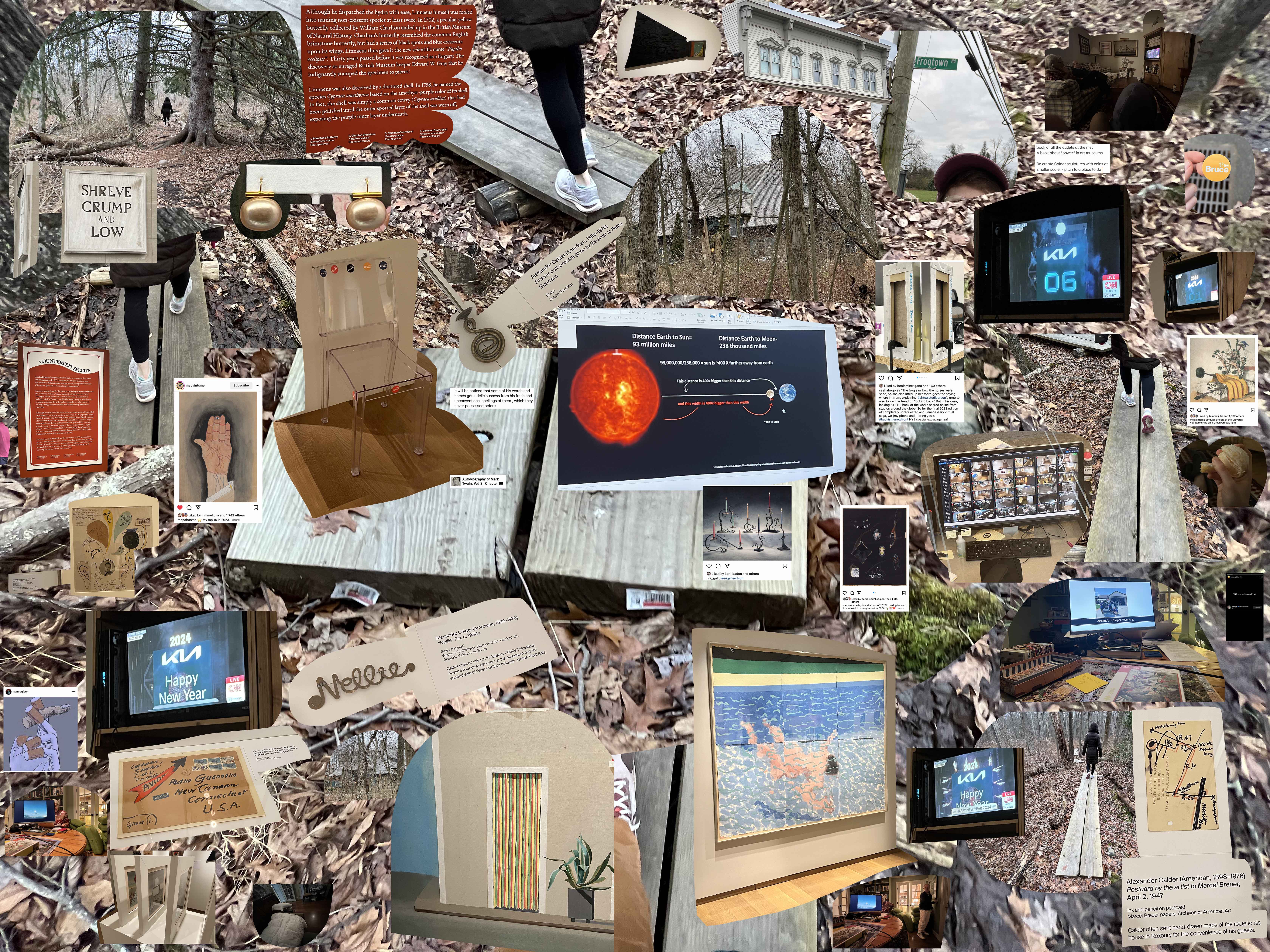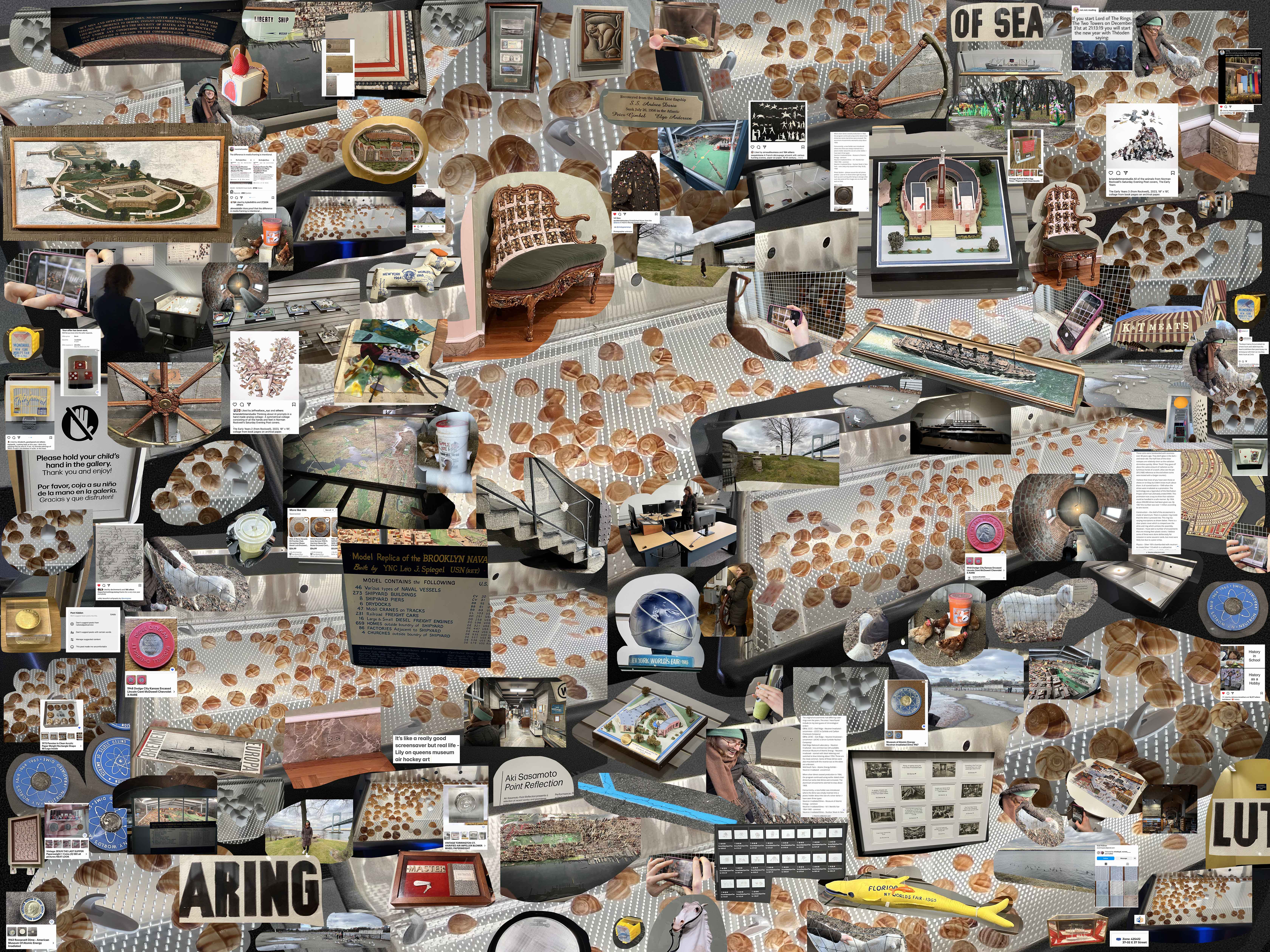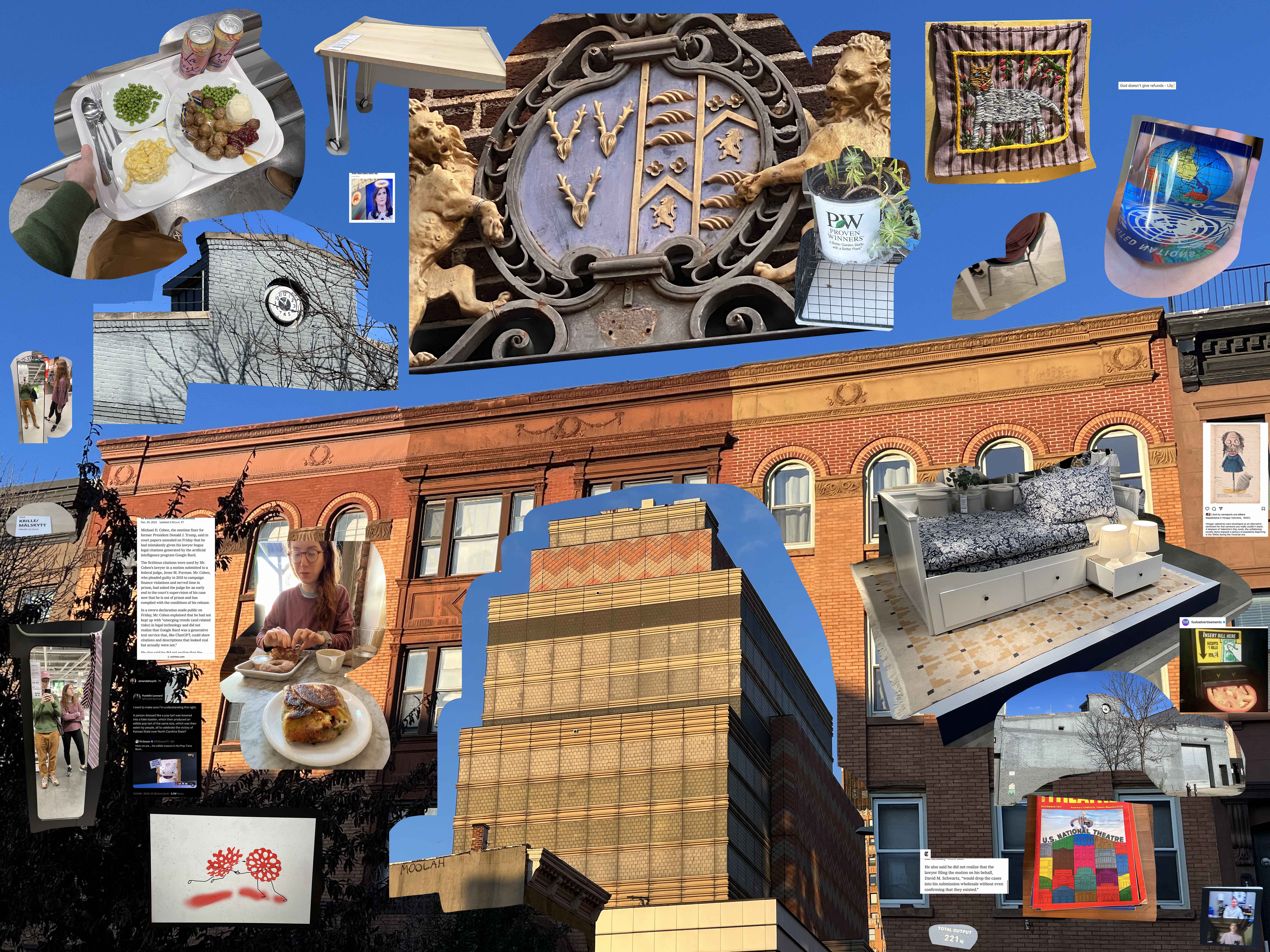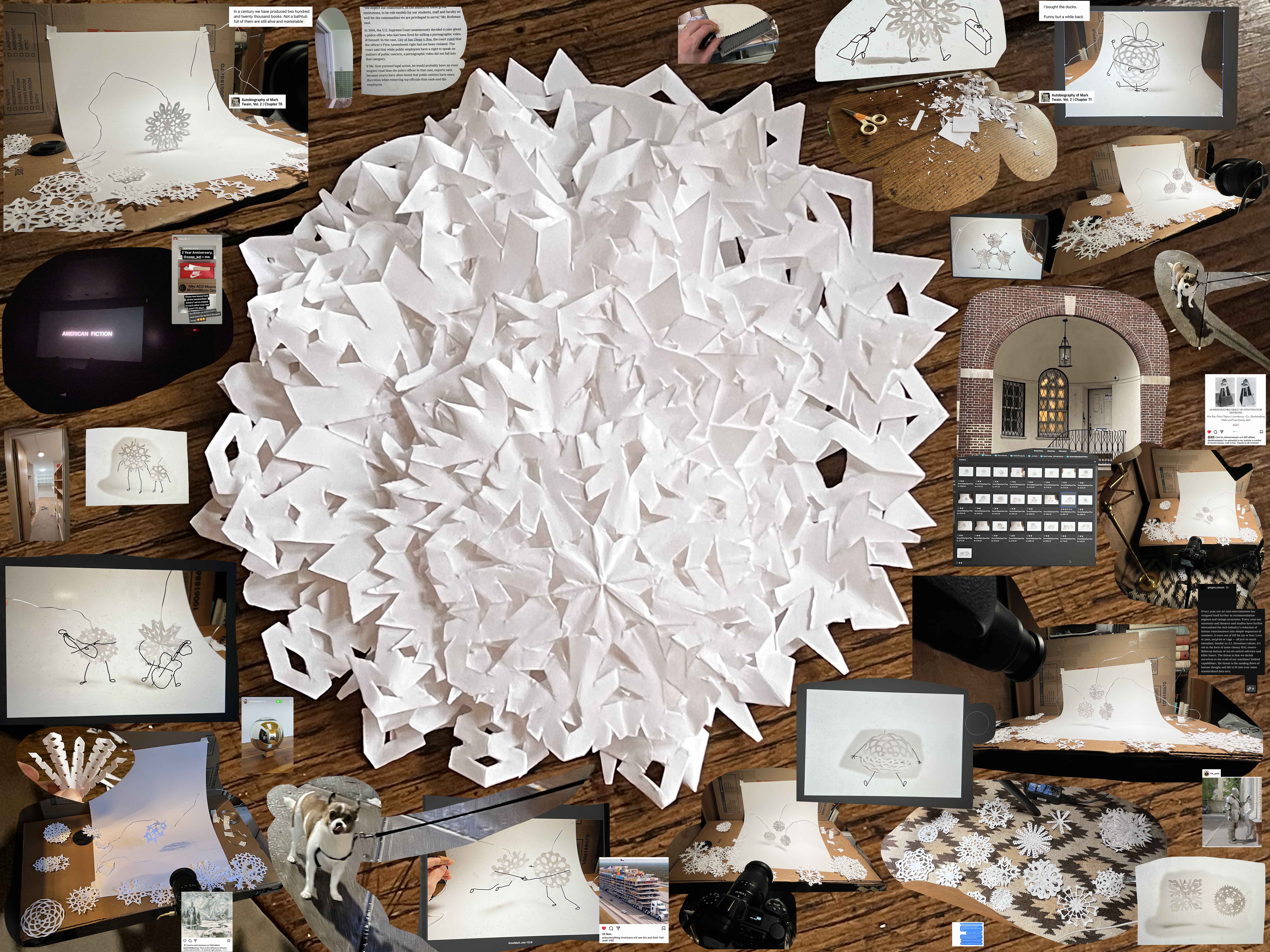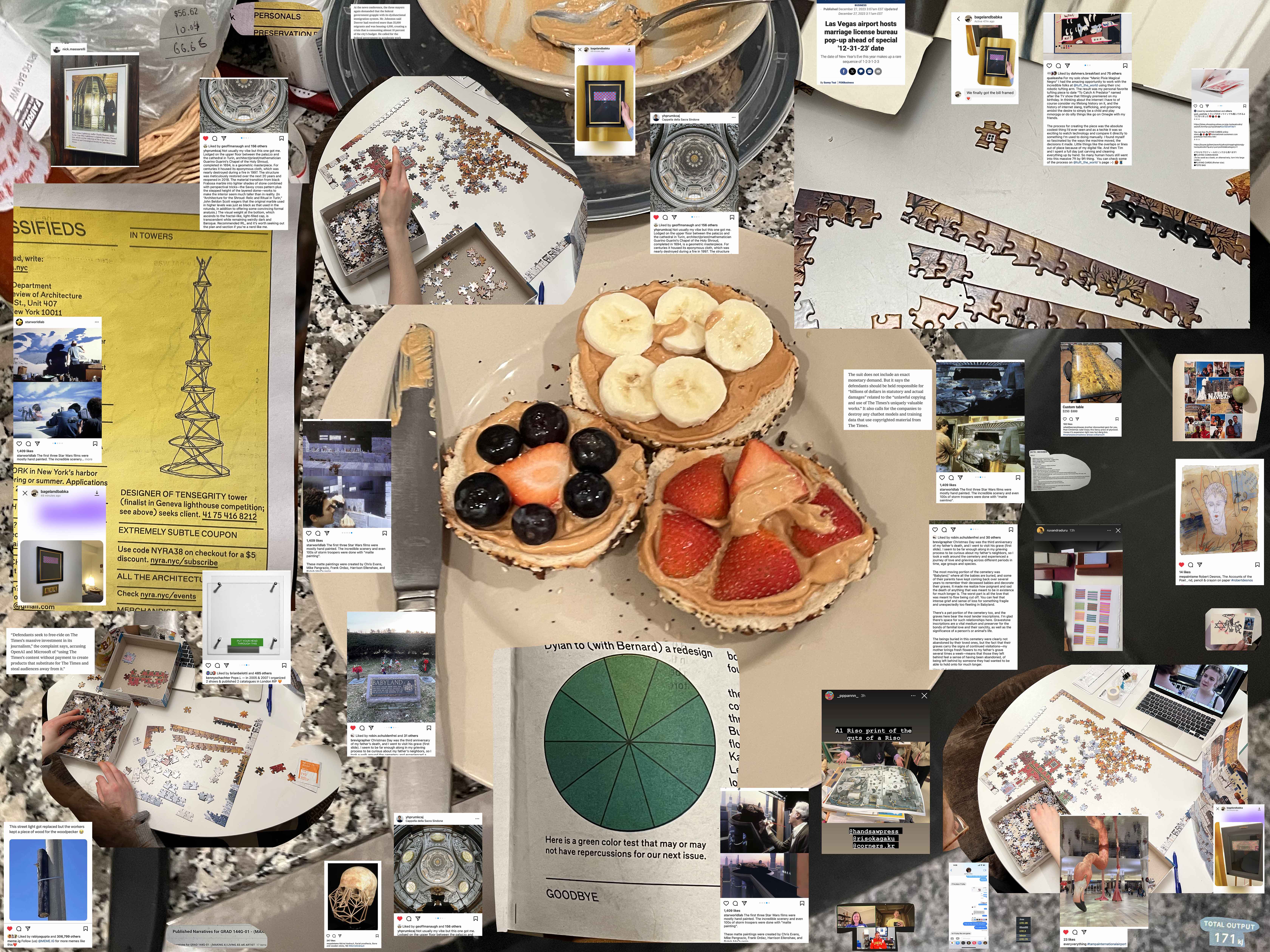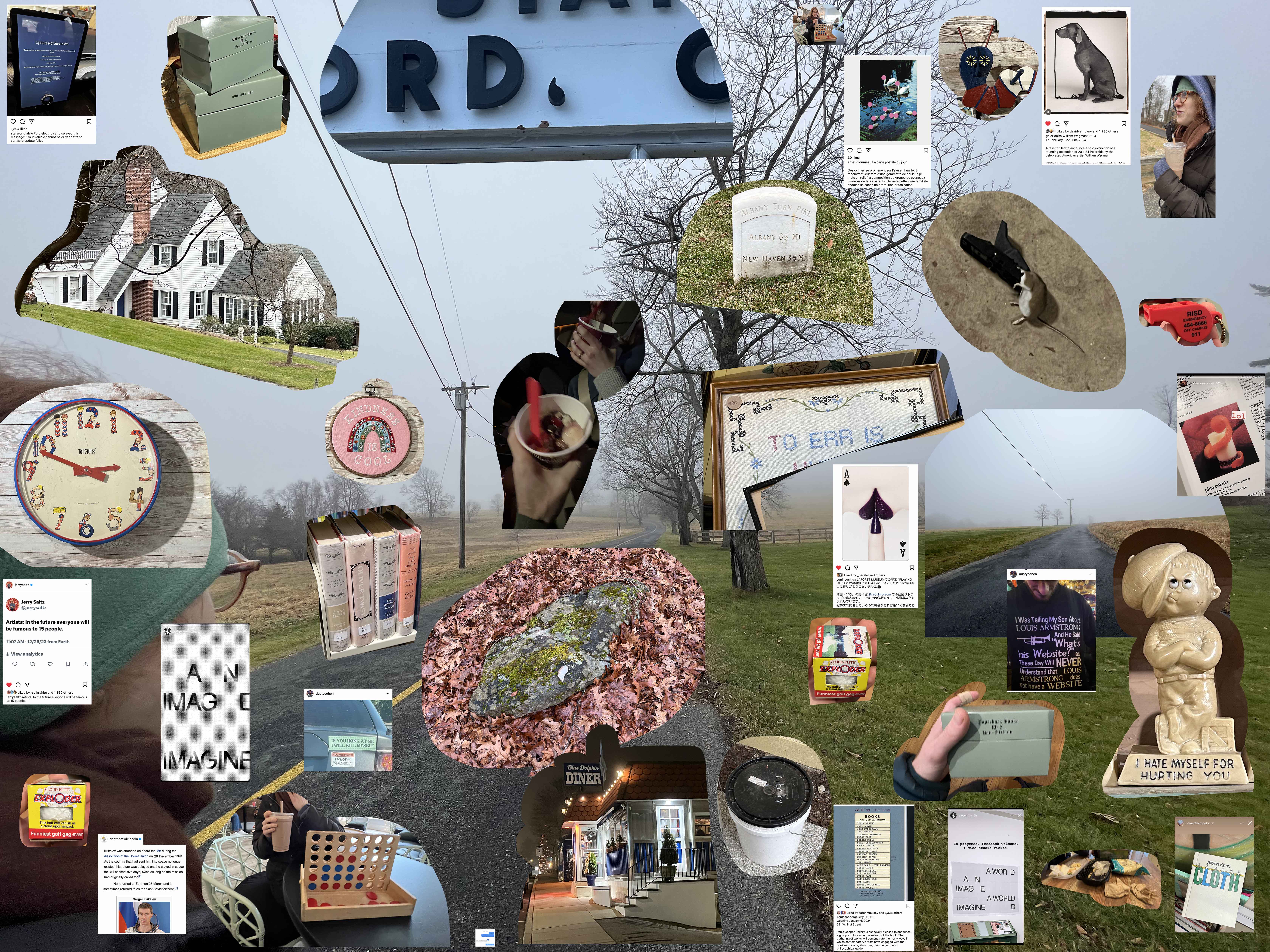Sunday, January 14, 2024
Dozens of Chabad outposts all over the world have built replicas of this structure, from Dharamkot, India to El Paso Texas. What's expecially facinating about these replicas is that each one reflects the local style.
— Narration on @hyperallergic "Did you know there are 35 replicas of the Chabad Headquarters at 770 Eastern Parkway around the world?" video
Saturday, January 13, 2024
Another instance of a fact found out ages and ages ago that no man's glory is safe until he is dead. There is always a chance that some little ghastly accident will happen, unforeseen, unexpected, unpreventable, and turn it to a shame.
— Mark Twain, Autobiography of Mark Twain, Volume 3
Friday, January 12, 2024
In an interview, Mr. Johnson said he didn’t care what present-day people thought of him. “I’m more interested in what people of the 25th century think of me,” he said. “The majority of opinions now represent the past.”
— Christopher Beam, "The Meme King of Longevity Now Wants to Sell You Olive Oil," The New York Times
Thursday, January 11, 2024
The plane’s streamlined front end resulted in a narrower space with less headroom, leading to a denser arrangement of buttons, dials, and switches.
— @starworldlab
Wednesday, January 10, 2024
Memory is the major element in cognition, in everything that we call the humanities. If you cannot remember, then you can't think and you can't imagine, and you can't write, and you can hardly read.
— Harold Bloom, "Harold Bloom," Charlie Rose
Tuesday, January 9, 2024
a recent post by @bkulok reminded me of this little moment in Zoe Leonard's Whitney retrospective several years ago. Leonard had made a piece reminiscent of Carl Andre's Lever, but instead of bricks the line was made out of her collection of Kodak "how to" paperbacks. They were arranged chronologically, and I always thought it would be interesting to research the impetus for changing the verb in the title from "make" to "take" in the mid-1970s.
— @canaljones
Monday, January 8, 2024
These and all the other artful fictive shades which give to a recited tale the captivating naturalness of an impromptu narration, can be attempted by a book reader, and are attempted, but they are easily detectable as artifice, and although the audience may admire their cleverness and their ingenuity as artifice, they only get at the intellect of the house, they don't get at its heart; and so the reader's success lacks a good deal of being complete.
— Mark Twain, Autobiography of Mark Twain, Volume 3
Sunday, January 7, 2024
Because at least to me, I don’t think stagnation or slowing down is actually an option. Fundamentally life and the whole system, our whole civilization wants to grow. And there’s just far more cooperation when the system is growing rather than when it’s declining and you have to decide how to split the pie.
— Guillaume Verdon, "Guillaume Verdon: Beff Jezos, E/acc Movement, Physics, Computation & AGI | Lex Fridman Podcast #407"
Saturday, January 6, 2024
In 1928, the New York Daily News enlisted Thomas Howard from the Chicago Tribune to secretly photograph the electrocution of convicted killer Ruth Snyder. Howard made the photo by strapping a pre-focused miniature glass plate camera to his left ankle with a cable release snaking up his pant leg into his pocket.
— @patrickwitty
Friday, January 5, 2024
I know how to do it now. There are nearly 13 million people in the world. I mean, can you imagine that many people? And none of those people is an extra.
— Philip Seymour Hoffman, Synecdoche, New York
Thursday, January 4, 2024
I suppose you have read about this man. I had a chance to hear him make a speach.
— Postcard about Joe Mikulec potmarked Erie, PA Jun 16, 8:30pm, 1908
Wednesday, January 3, 2024
One big difference is that, since I fancy myself a writer, I am trying to avoid, wherever possible, the statistically most common solution.
— Louis Menard, "Is A.I. the Death of I.P.?," The New Yorker
Tuesday, January 2, 2024
Things were real to Alexander. He had his social and political ideas and his gods. He undoubtedly looked upon them as important enough to be permanent. To us these things are little more than names.
— Mark G. McElhinney, "The Broader View," via Mark Twain, Autobiography of Mark Twain, Volume 3
Monday, January 1, 2024
Rem once told me "gold leaf is a surprisingly economical cladding material."
— @phillipdenny
Sunday, December 31, 2023
Linnaeus himself was fooled into naming non-existent species at least twice. In 1702, a peculiar yellow butterfly collected by William Charlton ended up in the British Museum of Natural History. Charlton's butterfly resembled the common English brimstone butterfly, but had a series of black spots and blue crescents upon its wings. Linnaeus thus gave it the new scientific name "Papilio ecclipsis". Thirty years passed before it was recognized as a forgery.
— "Counterfeit Sepcies" wall text in Monsters and Mermaids: Unraveling Natural History’s Greatest Hoaxes at The Bruce Museum
Saturday, December 30, 2023
It's like a really good screensaver but real life.
— Lily on works in Aki Sasamoto's Point Reflection at the Queens Museum
Friday, December 29, 2023
God doesn't give refunds.
— Lily
Thursday, December 28, 2023
In a century we have produced two hundred and twenty thousand books; not a bathtub-full of them are still alive and marketable.
— Mark Twain, Autobiography of Mark Twain, Volume 2
Wednesday, December 27, 2023
The suit does not include an exact monetary demand. But it says the defendants should be held responsible for “billions of dollars in statutory and actual damages” related to the “unlawful copying and use of The Times’s uniquely valuable works.” It also calls for the companies to destroy any chatbot models and training data that use copyrighted material from The Times.
— Michael M. Grynbaum and Ryan Mac, "The Times Sues OpenAI and Microsoft Over A.I. Use of Copyrighted Work," The New York Times
Tuesday, December 26, 2023
In the future everyone will be famous to 15 people.
— @jerrysaltz
